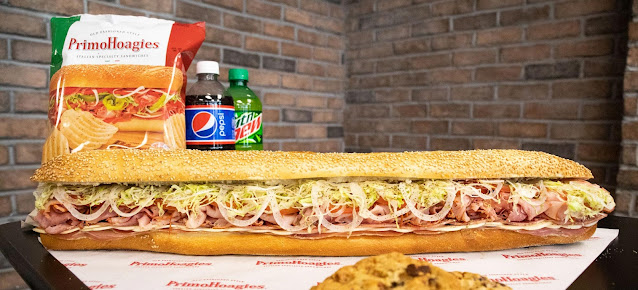Learn the basic information about franchising with our Franchising 101 guide. It includes an overview, roles and responsibilities, costs, opportunities, and more.
What is a Franchise?
Investopedia defines a franchise as a business in which the operator pays a mixture of upfront and ongoing fees to license the parent company's brand name and supporting resources. Those resources include the products, knowledge, and processes.
Five Principles of Franchising
Opening a franchised business doesn't guarantee success, but you should receive the tools to be successful. As you begin researching information about franchising, you'll find these five principles:
- Franchising is a transparent business. The FTC requires franchisors to provide prospective franchisees with information, including background info on the franchisor, costs of entering the business, legal obligations, statistics on franchised and company-owned outlets, and audited financial statements.
- Training is included. Training is where some franchisors try to cut corners due to a lack of capital or to save money, but others will invest their time to help franchisees succeed. For example, PrimoHoagies does more than 100 hours of training for their franchisees.
- Franchisor and franchisee should both profit. Franchisors make money off franchise fees and royalty fees, but if they make the fees too high, they’ll doom their franchisees to failure.
- Performance matters. Because the health of the franchise is dependent on its franchisees, anyone who joins a franchise should expect regular evaluations that measure how they’re running their business.
- A rising tide lifts all boats. Reputable franchisors carefully consider the impact any brand changes might have on franchisees as well as the overall brand before implementing them. Most have a Franchise Advisory Council comprised of franchise owners from across the system to represent the franchisees’ voice when decisions must be made.
Franchisor vs. Franchisee
Before jumping aboard the franchise ship, it's crucial to understand the franchisor's and franchisee's roles and responsibilities. So, let's start with their responsibilities:
- Financial: Franchisors collect funds from franchisees for setup costs, training, marketing resources, and more.
- Marketing & Branding: Franchisors are responsible for national marketing campaigns like TV and print and materials like brochures and flyers. They create standards for their branding that franchisees will follow.
- Business Model, Services & Products: Franchisors create a business model for franchisees to follow. They also establish quality standards for their services or products, apply for trademarks, and provide vendor recommendations.
- Training: Franchisors will offer training and education opportunities to the franchisee.
- Ongoing Support: This is detailed in the franchise agreement and varies by franchise. It can include customer service, technical support, and financial support.
- Communications: Most franchises hold routine meetings. The franchisor should also communicate any changes to product lineups.
- Face Time: As an owner, you should be present at the location during most business hours and invest your resources, time, and efforts to lift the business off the ground.
- Funding: You'll pay the franchisor the franchise fee, royalties, and marketing fees.
- Leadership: You’re the boss; lead like one!
- Communication: Communicate with the franchisor about any concerns, issues, or needs you might have.
- Maintain Franchise's Ethics & Standards: You must follow the branding, including the color palette, the logo, the trademarks, and the final product.
Becoming a Franchise Owner
It wouldn't be a franchising 101 guide without a section on how to become an owner. Start by doing your research. Consider what industry you want to join and what’s in demand for your market. For example, Americans spent $304.8 billion at quick-service restaurants in 2021, according to Statista. That spending is expected to grow. So, if you believe there’s a need for a neighborhood sandwich shop, consider one of the best, PrimoHoagies.
While researching industries, consider your time. For example, a restaurant might take more time upfront, but you can be more hands-off once it’s running smoothly. In contrast, a home remodeling franchise might be solely run by you, with you performing the work.
Once you decide on an industry, compare franchises' investment costs. Initial investments can range from as little as $50,000 or less to millions of dollars.
Once you settle on a franchise, contact them and set up a discovery day. You'll meet with the franchisor and see if you're a good fit for them and vice versa. Review the franchise disclosure document (FDD) thoroughly and talk with other franchisees.
The last steps before ownership include reviewing your franchise agreement and securing funding. Consult a lawyer on the agreement to verify that you understand it all; they can be lengthy! Then, before signing, confirm you have a reliable form of funding for the new venture.
Join a Billion Dollar Industry with PrimoHoagies
Now that you understand the basics of franchising, you can get on your way to joining the booming QSR industry. Learn more about the franchise opportunities with PrimoHoagies and find out if you're the primo candidate to bring the traditional Italian sandwich to your community. You could be less than a year away from owning your own shop! Request info today to get started.



.png)
